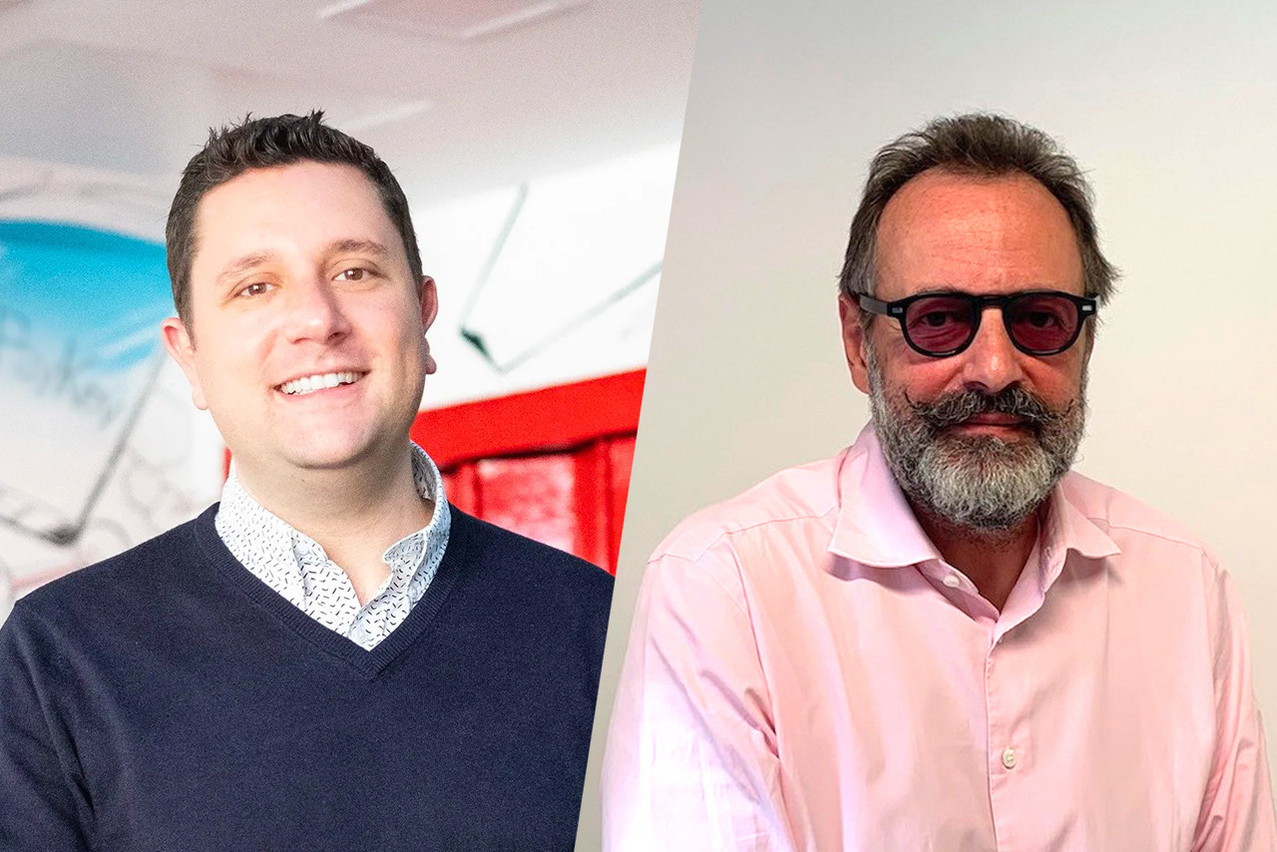“I’ve always been asked to speak about fundraising for startups,” Bouvier began. “This time around, we’re switching veins. We’re going to discuss how funds--VC funds--raise capital from LPs [limited partners].”
It’s not easy, said Bouvier. In fact, it’s probably more difficult than for startups to raise capital. Whether you’re a first-time VC fund or a second or third-time fund, there’s no easy way about it. Generally speaking, you have to “convince LPs that you’re the right vehicle for them to invest in,” as well as consider the stability of the macro environment, said Bouvier.
When to fundraise
So are there times when fundraising is easier than not? “Ultimately, I think it’s always hard,” replied Martinez. But “there’s no real better moment to fundraise or worse moment to fundraise, because you’re always taking that very long-term view on things.” Martinez mentioned that an understanding of counterparts or potential counterparts, and where they are in their lifecycle, is key to determining whether or not to invest.
Bouvier recounted an anecdote that echoed Martinez’s thoughts on timing. When talking to someone who had been in the business of investing in VC funds for 30 years, he asked: “When is the right time to raise capital with LPs for new funds? During your investment period, at the end of your investment period?”
This is a people’s game. And this is a relationship game.
The answer was, “The best time to raise is when you’re not raising.” The response shocked Bouvier, as he hadn’t thought about that, but now it’s front of mind. “Once you’ve closed your fund, all the relations and dialogues that you have with your LPs--quarterly reports, annual meetings, anything--that’s your fundraising,” he said.
Know your audience, build relationships
Martinez agreed with the point of view expressed by Bouvier’s contact. “When speaking with startups, I always tell them, you know, this is a people’s game. And this is a relationship game. And this is about building trust, building the glue that keeps the ecosystem together.”
Building up relationships is important, even though it can be complicated and take time. It’s a long-term adventure, said Martinez, and “you want to know who you want to be around the table.”
According to the Mouro Capital general partner, you have to be able to adapt to the local market. Geography, for example, can impact how an LP looks at a fund and how you should pitch to them, added Bouvier.
There’s no one size fits all.
“There’s no one size fits all,” said Martinez, regarding best practices. “Ultimately, you need to adapt to your audience and understand what they want, as opposed to imposing a format.” What he’s hearing in the market, especially now, is that GPs need to be more creative. “There’s a lot of talk about co-investment opportunities, there’s a lot of talk about opening up all the doors for your LPs, or prospective LPs, that could help them in some other way.”
It’s also important to understand the reporting that your LPs want, added Martinez. But “family offices, large pension funds, you know, everybody’s very different [about] what they need from a reporting perspective.”
Linked to that, “There’s obviously a lot of discussion on ESG reporting and how that’s blended into the objectives of the LPs,” said Martinez. Understanding this, what needs to be done and how investment strategies fit in are key.
Imagine you’re giving advice to a first-time GP. What do you tell them?
Looking at it from an early-stage perspective, Martinez said in response to Bouvier’s question, it’s important to know the size of your fund. Everybody is “dazzled” by enormous national endowment funds and things like that, but a first-time manager is probably raising a “smallish” fund. “So finding your audience, from a size perspective--that’s the first selection criteria.”
“The second thing, in my view, is figuring out what’s the value-add around the relationships that you can provide those LPs,” said Martinez. “Family offices for a first-time fund make a lot of sense.”
Why is that? Many of them are “willing to establish more person-to-person relationships” and get involved with your day-to-day. It can take more time, but it’s a good way to build trust and a core set of LPs who want to back your project.
It’s important to understand what resonates with a particular audience, to find out what they’re looking for--is there a geographic interest? A sectoral interest? Martinez said, “There’s really a bit of a pre-dating exercise to be done to select a subset of people who will be particularly inclined to listen to your story.”


